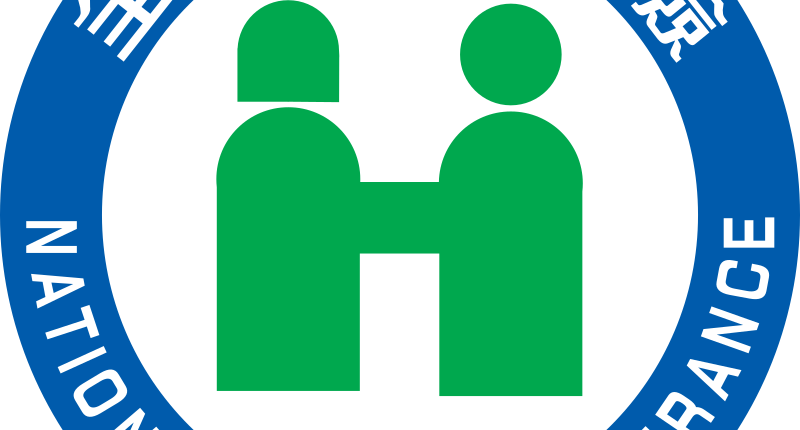The National Health Insurance (NHI) of Taiwan is one of the most well known systems of public health care in the world, and is considered an important factor in the success of the nation’s ability to control the COVID-19 spread beyond the relatively small numbers seen to date.
Not All Is Sunshine And Roses
However, Taiwan’s NHI system may not be as ‘glorious’ as it first appears; and in recent weeks has been at the center of some discussion throughout society.
As the situation worsened in China during February, some Taiwanese based in that country and affected by the coronavirus fled back to Taiwan to use their own nation’s medical services despite their preferring to be employed under conditions determined by the Chinese government
This aroused doubts about the equity of the current NHI system in Taiwan, because of their relatively low insurance premiums.
In response to the controversy as it arose, Lin Chun-Hsien, a legislator from the ruling Democratic Progressive Party (DPP) proposed a reform in the premium rates of those with foreign-earned income, and with limited periods of stay in Taiwan.
Possible Amendments
The reform proposed by Lin is targeted at those whose stay in Taiwan is less than half the eligibility period for coverage.
The individuals that meet this criteria will pay the highest rate premiums without government subsidies, but with the exception of those who have filed individual income tax documentation. Those who have filed will have their rate determined by their income.
Alternately, Taiwanese who have not paid NHI premiums but who meet the standards to contribute to the system will be required to do so, for a maximum period of five years.
Mask Rationing
Aside from the system itself, NHI cards held by those insured also play an important role in the current mask rationing policy in place to help with preventing the spread of COVID-19.
With the scarcity of medical masks on the island, NHI cards have functioned as permission slips of sorts to purchase masks.
While the National Health Command Center (NHCC) has implemented the policy since February to avoid mask hoarding, some are now concerned as to whether this violates individual privacy, as it is obligatory to bring and show NHI cards when buying masks in pharmacies.
Data Concerns
The usage of these masks is recorded and information collected in the use of each NHI card is thereby creating ‘big-data’ as a means to control the mask supply at each pharmacy, which in turn brings about concerns over privacy.
As the mask purchase policy turned out to be a success, the NHCC moved to make the whole process more convenient overall with an online method to order masks.
In doing so, the NHCC claimed that they will ensure that personal information will not be abused, and that they would not collaborate with any private company as regard the collection of data.










Comments are closed.